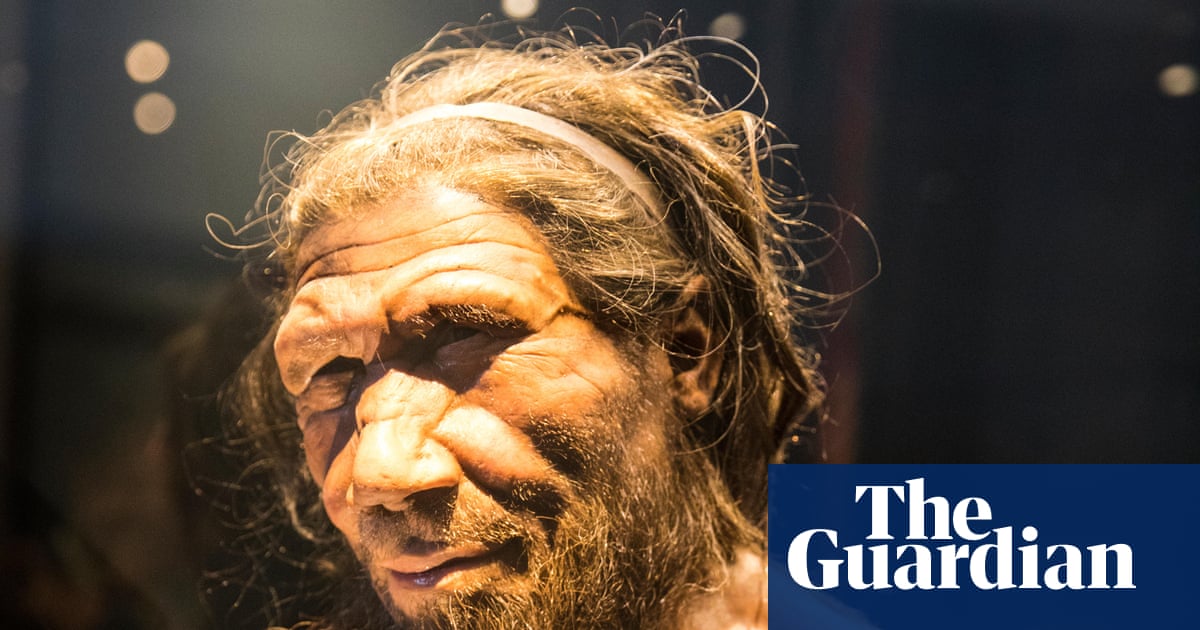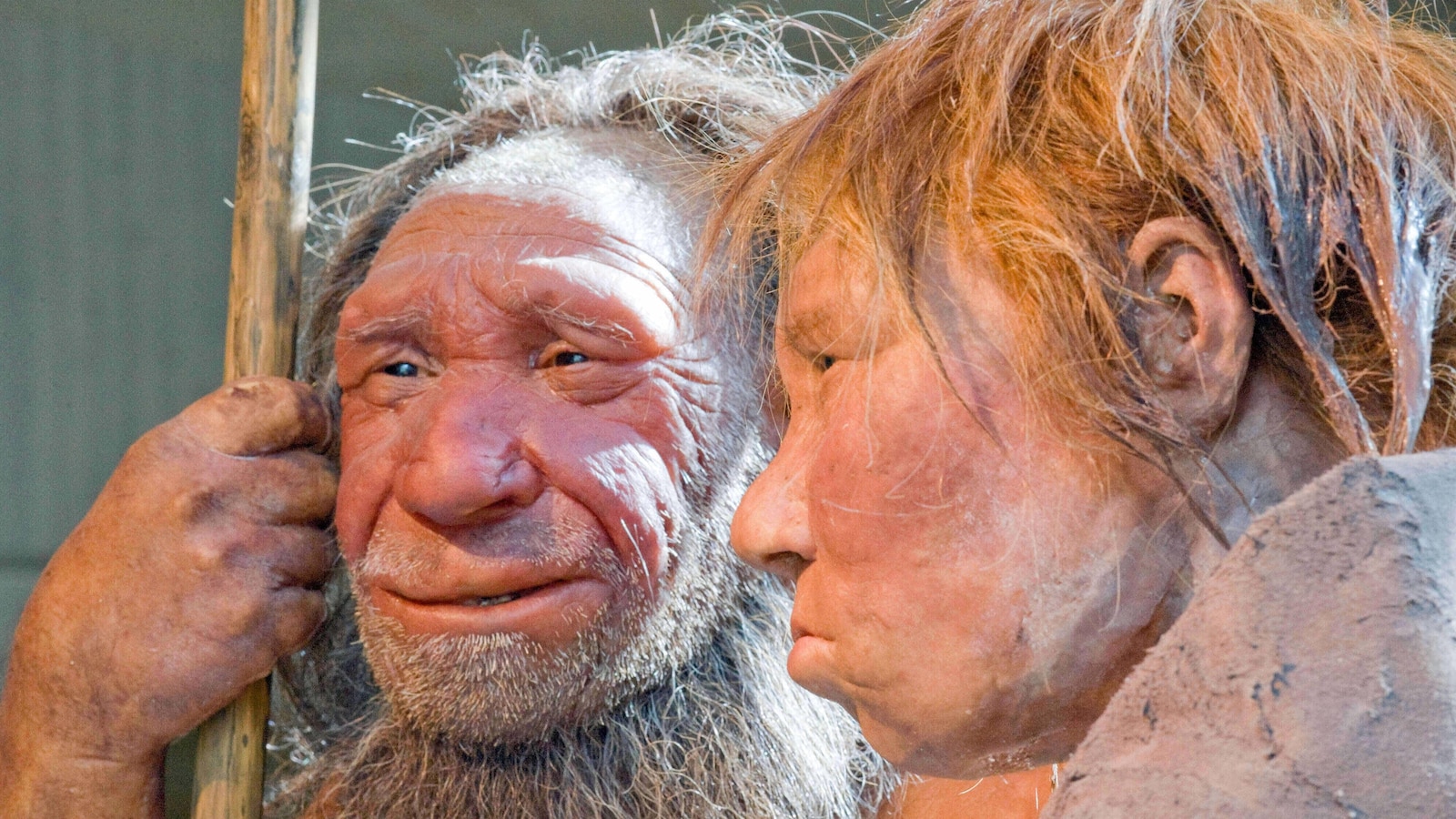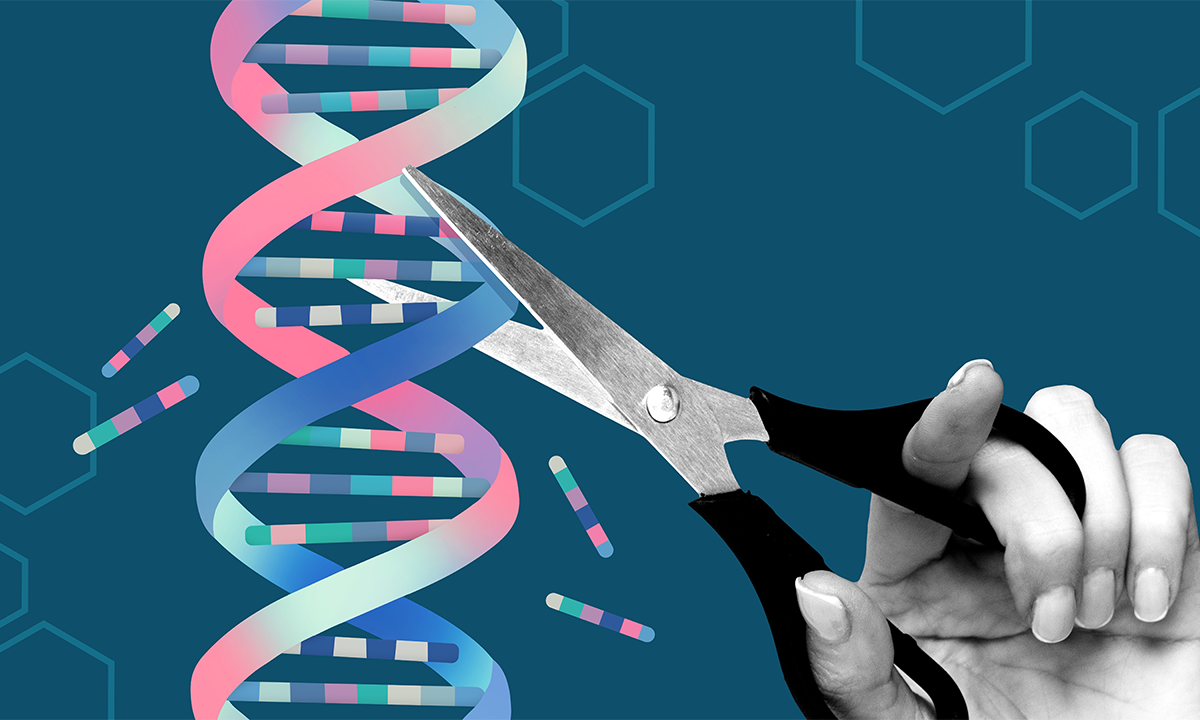#1 out of 60.00%
1d ago
Research suggests mating direction bias between Neanderthals and humans
Theguardian.com and 4 more
- X chromosome analysis shows Neanderthal DNA is scarce on human X chromosomes, supporting directional mating by human females with Neanderthal males.
- The study links X-chromosome patterns to mating directionality, with more human DNA on Neanderthal X chromosomes indicating female humans mated with Neanderthal males more often than the reverse.
- The 250,000-year-ago mating event window anchors the analysis in deep time, showing long-running biases in interbreeding that echo into today’s genomes.
Vote 6




